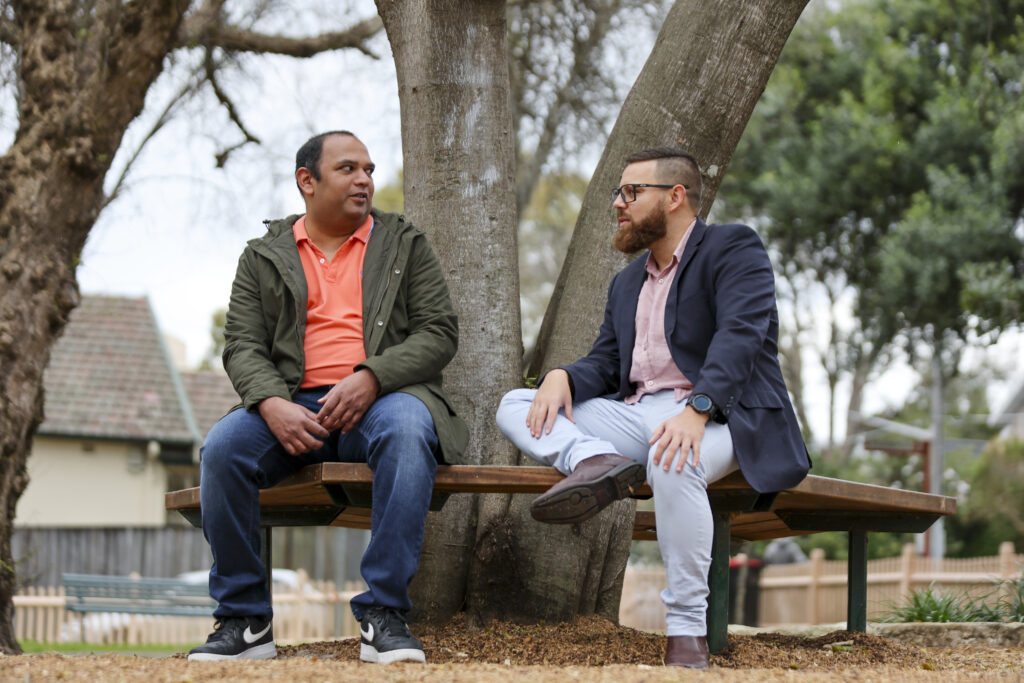Reporting on mental health is an important responsibility — and we’re here to support you in doing it safely, sensitively and with care. Below you’ll find guidance for reporting on mental health-related topics, as well as resources to help protect your own wellbeing when covering challenging stories.
Reporting safely on mental health
Covering mental health issues, suicide, and alcohol or drug use requires care and understanding. This three part series of videos with Dr Elizabeth Paton from Mindframe offers practical advice to help you report responsibly and avoid causing harm.
- Part 1: Communicating about suicide
- Part 2: Communicating about mental ill-health
- Part 3: Communicating about alcohol and other drugs
- Bonus shoptalk: Mental health and reporting
Also: Mindframe has this resource for ‘Practising self care as a journalist‘, and another for the community ‘Looking after yourself and others following a traumatic event‘.
Story ideas for Mental Health Month
Looking for inspiration? Our Story Leads page includes reporting ideas for Mental Health Month (October) and World Mental Health Day (October 10), to help you spotlight important conversations in your community.
Supporting your own mental health
When you’re covering tough stories, your own wellbeing matters too. We’ve gathered articles, courses and supports to help you manage stress, prevent burnout, and build resilience.
- Beyond Blue offers free, confidential support for small business owners. Available nationally over phone or video call, your mental health coach will work with you to manage stress and overwhelm using straightforward problem-solving approaches.
- The Support Act Wellbeing Helpline is a free phone counselling service for anyone working in Australian music or the arts, easily accessed by calling 1800 959 500.
- Red Cross runs Psychological First Aid courses that teach how to provide support in psychological crises.
- Reporting on community trauma can be challenging, particularly for hyperlocal journalists who are often personally connected or involved with the stories they’re covering. NBCU Academy covers how to practise self care after publishing. This article may be particularly relevant to reporters of colour.
- Editors, read here how you can best support your writers if they are struggling with mental health.
- It can be difficult to continue to lead your business (particularly for editors working under tight deadlines) when you are struggling yourself. This HBR article provides tips for leading through anxiety.
- 70% of journalists have experienced work related burnout, according to the Center for Innovation and Sustainability in Local Media. This American Press Institute article covers navigating burnout as a journalist.
- Take twenty minutes out of your day to organise a Stop Doing list, which is essentially an audit of your ongoing task list. Explore which tasks you can cut out and which tasks you’re putting off to ensure you’re being as productive as possible. This LINA video webinar will help you get started.
Many of these resources were found in the American Press Institute’s Mental Health Resource List — find the full list here.
Legal support for sensitive stories
When reporting on delicate topics like mental health, a second opinion can help you identify any legal risks. Through our partnership with the ABC, LINA members can access a pre-publication legal review to help protect your newsroom.

The above photo was taken from Everymind/Mindframe’s online image collection, where you can access high-resolution, royalty-free images to use in public communications about mental ill-health, suicide and alcohol and other drugs (AOD).
